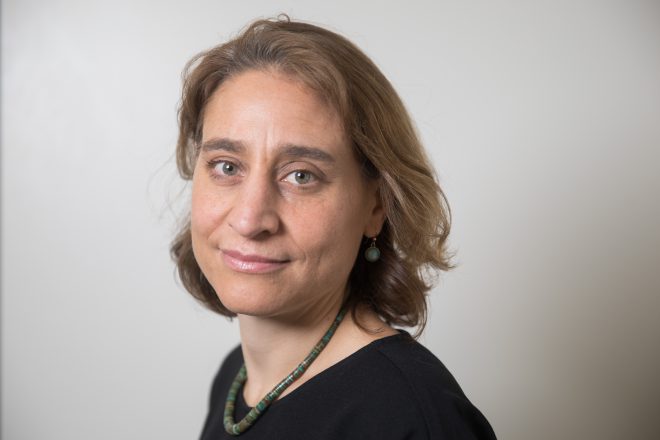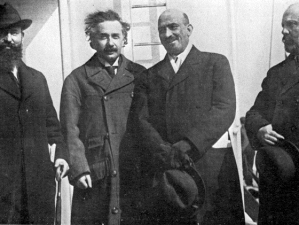Israel is a biopharma and medical powerhouse. Earlier this week we reported on a NASDAQ traded company called Pluristem that brought dying coronavirus patients back to life and weaning off ventilation. Now, the Hebrew University from Jerusalem sends us a science breakthrough that speeds up testing results.
If you read the news you will keep hearing that we are out of reagents – the testing chemicals needed to check if someone is infected or not. Because we all can’t get tested fast and some of us return to a new normal, we continue to sit it out inside, away from work, away from our friends and families. Simply because thousands of people would be walking around sharing Covid-19 unknowingly.
The scientists at Hebrew University believe that hey have a solution that is faster and cheaper using methods that are easily found in any diagnostics lab.
Professor Nir Friedman and Professor Naomi Habib led the research. “The virus detection protocol we developed is four-to-ten times faster than the current protocol. It’s based on magnetic beads and works both robotically and manually. The robotic protocol has already been tested at Hadassah Hospital [in Israel] and is now fully operational,” says Habib.
Testing for Covid-19 currently involves extracting RNA molecules from a patient’s mouth or nose swab sample to see whether they contain viral RNA that confirms the presence of the Covid-19 virus. The new method developed by Friedman and Habib can do the same thing, only faster.
Another advantage to this new testing method is its low price. The test relies on materials that are readily available and easy to manufacture locally, making it significantly cheaper than imported kits. Magnetic beads are the only item in the protocol that still needs to be imported from overseas. However, these beads can be recycled and used again and again.
Friedman says, “our Covid-19 test significantly reduces labs’ dependence on external factors. To date, we’ve tested hundreds of clinical samples from Hadassah Hospital and our results were identical to those found by the kits currently being used.”
The researchers’ next step is to develop a method that would allow for tens of thousands of samples to be tested simultaneously instead of the current rate of thousands of tests. This feat would be based on genomic sequencing and the results, so far, are promising. “We’re encouraged by preliminary—and positive indications—that this method will work,” added Friedman.
To complete their tests, Habib and Friedman have teamed up with 15 researchers and lab students from the University. “It’s very moving to see a large group of researchers so dedicated to finding a solution to our current crisis, one that will get Israel—and hopefully the rest of the world—back to normal,” said Habib.
The research team includes Dr. Ayelet Rahat Dr. Masha Adam, Alon Chapelbaum, Dr. Ronen Sadeh and Dr. Agnes Kloschendler, along with two robotics experts, Dr. Uri Shabi and Dr. Moshe Cohen. The study was funded by the Caesarea Foundation.




